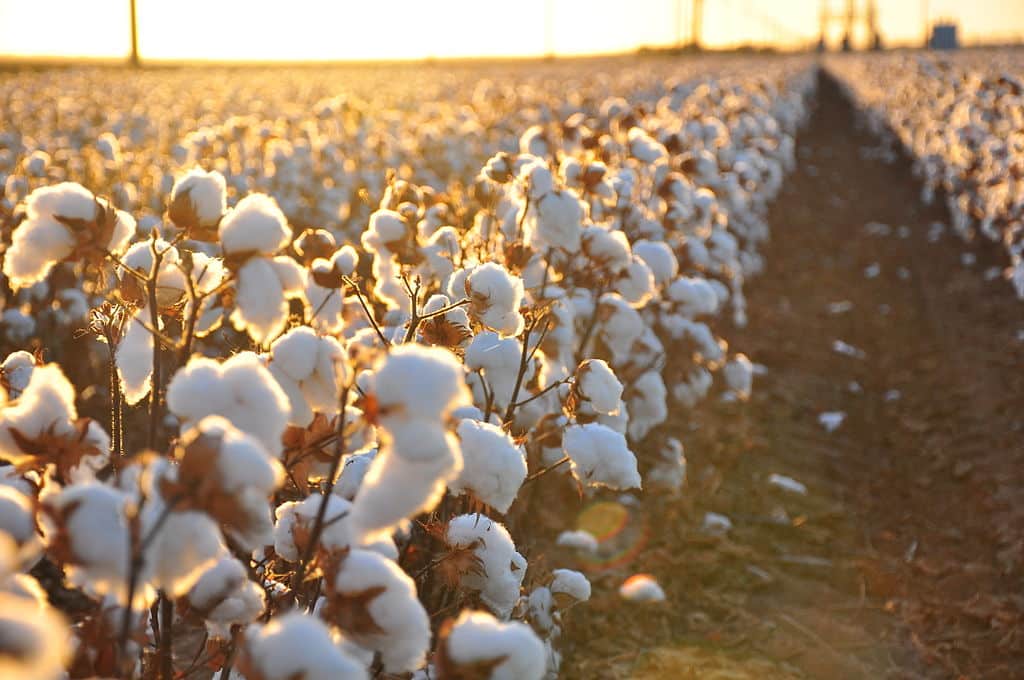As consumers become increasingly aware of the environmental impact of fast fashion, organic cotton is emerging as a frontrunner in the sustainable clothing movement. Unlike conventional cotton, organic cotton is grown without harmful pesticides or synthetic fertilizers, which significantly reduces water pollution and improves soil health. This eco-conscious alternative offers a safer environment not just for the earth but also for farmers and communities involved in production.
From an expert standpoint, organic cotton is more than just a buzzword—it’s a shift toward ethical manufacturing. Brands committed to sustainability are now sourcing Global Organic Textile Standard (GOTS)-certified cotton, ensuring that the entire supply chain meets rigorous ecological and labor standards. Consumers benefit from wearing natural, non-toxic fabrics, while supporting a production system that prioritizes long-term environmental and human well-being.
Building trust with modern shoppers requires transparency, and using organic cotton is one way brands can demonstrate commitment to ethical practices. As demand continues to rise, industry leaders predict that organic textiles will no longer be a niche, but the standard. Backed by sustainable credentials and industry endorsements, organic cotton is redefining what it means to dress responsibly in today’s fashion landscape.





